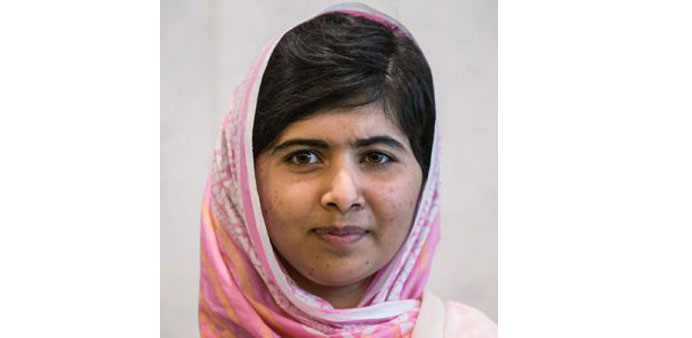Thomson/Reuters /Washington
Most people know Pakistani Nobel Peace Prize winner Malala Yousafzai, who was shot by the Taliban in 2012 for demanding girls’ right to education, but few have heard of the 19th century Afghan heroine she was named after.
According to Pashtun tradition, Malalai of Maiwand spurred her countrymen to victory against British troops in 1880, taking to the battlefield to rally a demoralised Afghan force with a verse about martyrdom. She was later struck down and killed.
The legend is recounted in “He Named Me Malala”, a new documentary about Yousafzai, now 18, whose attack while riding a school bus shocked the world.
“You named her after a girl who spoke out and was killed. It’s almost as if you said she’d be different,” director Davis Guggenheim tells Yousafzai’s father, Ziauddin, in the film.
“You’re right,” he replies.
Filmed over 18 months, the intimate portrait shows a teenager more at ease on the world stage - speaking at UN headquarters in New York - or addressing students in Syrian refugee camps than with classmates in Britain where she was flown for surgery.
“In this new school, it’s hard,” she says, admitting a lack of shared experiences with the other girls.
While much is known about Yousafzai’s advocacy work, the documentary lifts the lid on her family life in central England with much humour generated by her two brothers.
“She’s a little bit naughty,” says Yousafzai’s youngest brother, who she introduces as “a good boy” in contrast to her other brother who she calls “the laziest one”.
Using archive footage and voice recordings of Islamist leader Fazlullah, the documentary captures the steady crackdown on freedoms in Yousafzai’s native Swat Valley, including schools destroyed by bombs and music CDs burned.
The movie opens in theatres in the United States from October 2 before it is released in Britain later in the month.

